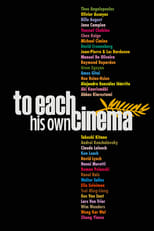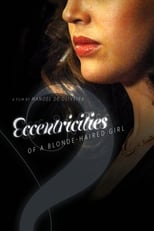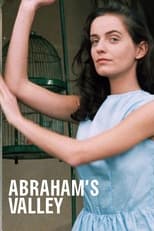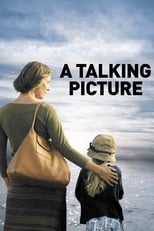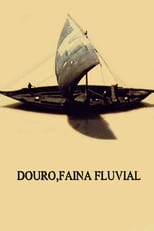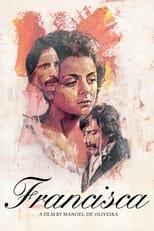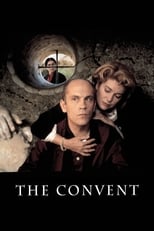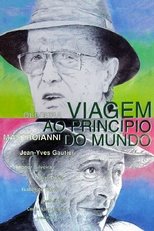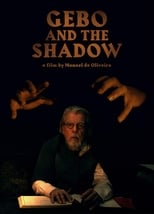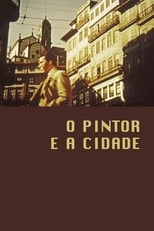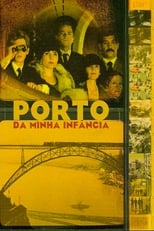Si has encontrado un problema de información, ya sean fechas, imágenes, reparto,
faltas ortográficas, contenido duplicado, erroneo o inapropiado, puedes reportarlo, corregirlo tu
mismo o esperar a que lo corrijamos nosotros o algún otro usuario.
Palomitacas utiliza la base de datos pública TMDB ( themoviedb.org ) para obtener toda
la información básica referente a películas y series. TMDB es una base de datos global mantenida y
actualizada por usuarios de todo el mundo.
¿Puedo corregir o añadir contenido?
Si, si deseas colaborar, añadir series / películas que falten o corregir cualquier tipo de
información, podrás hacerlo creando una cuenta en TMDB.
> Crear cuenta en TMDB
¿Cuanto tardan en actualizarse los contenidos corregidos o
nuevos?
Normalmente en unas horas se replican todas las modificaciones realizadas en TMDB a Palomitacas.com,
en el peor de los casos tardará entre 24-48h .
¿Es dificil añadir contenido?
No!, añadir o corregir contenido es tan sencillo como seguir los pasos y rellenar los formularios con
la información oficial. Lo más importante a la hora de añadir o editar contenido es introducir
siempre información oficial y ceñirse a la guia de TMDB si se tienen dudas.
> Guia de aportaciones
TMDB
Solo quiero que alguien añada o corrija el problema que he
encontrado.
En este caso puedes buscar la película o serie con el error en TMDB y reportar allí el fallo que has
encontrado, así ayudarás a que se solucione en seguida. Otra opción es esperar sin hacer nada y
eventualmente alguién dará con el error y lo solucionará. Si es algo muy grave que requiera revisión
inmediata puedes contactarnos mediante el formulario de feedback para que le
echemos un vistazo.
Si colaboras activamente añadiendo, editando o corrigiendo entradas en TMDB, puedes
conseguir TAG de 'Colaborador' en Palomitacas.
